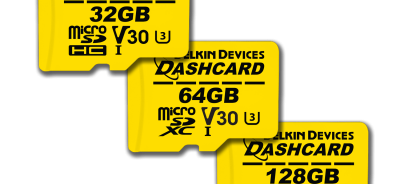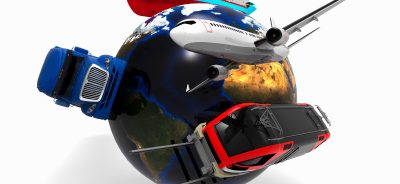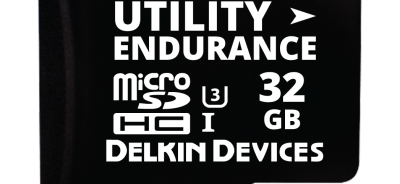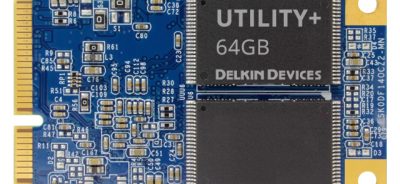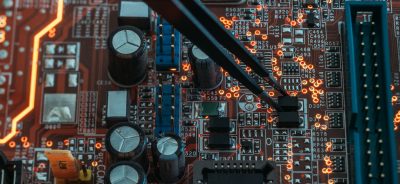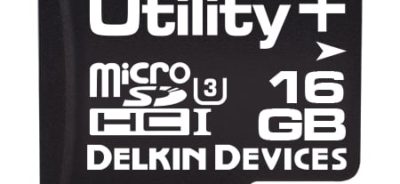True Customer Stories: Suddenly New CF Cards
True Customer Stories: Solutions from the Desks of Delkin Customer Engineering
“We have been using the same card from the same supplier for 2 years, and now suddenly this batch is different!”
Background: A new customer called us to ask about our CF cards. They told a story about buying Consumer grade CF cards of the same brand and capacity at Amazon for years, and had never had a problem. They assumed that using the same brand, model and capacity insured they would be getting the same card. Until they did not. The most recent batch exhibited completely different features and specifications and were not working in their host. All of a sudden, the part that was the smallest and least thought about component to their product, was the one part that was keeping them from delivering their entire product.
Customer Story: We always thought that if we used the same brand of card, we would be buying the same exact card we had initially tested. When we first started buying CF (Compactflash) cards we went to Amazon, and bought 4 or 5 different brands of cards. Some worked well, others had issues, and we settled on a well-known national brand. We stuck with this brand going forward, and never considered the fact the card formula might change at some point. Our assumptions were wrong. This was probably the fifteenth order of the same brand and capacity of card we had bought in 3 years, and suddenly the cards did not work. First we checked that no OS upgrade or change had been made in our host software or hardware, and soon discovered it was the card that changed. We had trouble getting in contact with somebody who was technical and knowledgeable about how the card was made at the supplier. When we finally did, we were shocked to not only hear that they changed the BOM (Bill of Materials) often, to save money, but that as the product was intended for Consumer usage, they did not even keep track of what changes were made, or when! We started looking right away for an alternate source.
Delkin Discovery: Initially, the Delkin Customer Application Engineering team got involved, and asked the customer what the usage model of the card was, and if they had some minimum environmental or performance specifications which we could review. When this was not available, we asked to borrow a host and for information on how best to replicate their customer application environment. After only a few days of testing, a card was recommended by Delkin that best met the application requirements and customer commercial expectations on cost and lead time. Sample cards were sent to the customer and were put through their testing. These cards passed and the volume order was built and shipped from our factory in Poway, CA.
Delkin Solution: The big difference with the Delkin cards were that they had a controlled BOM, based on the part number which the customer approved and ordered. This part number defines many aspects of the card, including, but not limited to the flash part number, controller and firmware. By locking the BOM with this part number, the customer was assured that under no circumstances would the card be changed for any reason. Additionally, if a change was required, due to an EOL flash, or recommended firmware change, there was a process in place where the customer would be notified of the change to that part number, a recommended replacement part, and a chance to make a last time buy and schedule a last time delivery of the approved part. This notice was done in such a manner to allow the customer enough time to test the offered replacement part. Delkin part numbers can also be customized in order to specify content loading, or custom features or firmware that may be required by any customer.
Lesson Learned: In a consumer-driven electronics world, the term “cost down” is often used to explain the process after a NAND flash card or drive is introduced, to focus on the Bill of Materials and make any changes possible in order to lower the manufactured cost of that product. This thinking is exactly opposite to the requirements of most industrial product manufacturers. Expensive testing is often done that may take weeks, or even months, to approve a card or drive. Additionally, approvals from agencies like the EPA, FAA or FDC may be required, often at great expense both financially and in time to market. Changing any component within the host could jeopardize this testing and approval. Having a controlled BOM is just one of the key parts to the puzzle of supplying storage products to the Industrial and embedded markets.
Lean on Delkin’s Technical Team: Have you had a problem with your host storage? The Delkin Customer Applications Team stands at the ready to be your trusted advisor for your host critical storage. We have solved hundreds of complicated host failures and look forward to understanding your usage model for flash based Rugged Controlled Storage.
 Login
Login Register
Register


